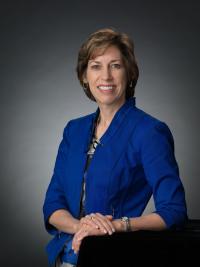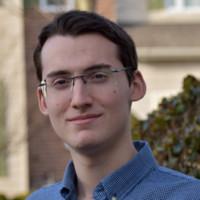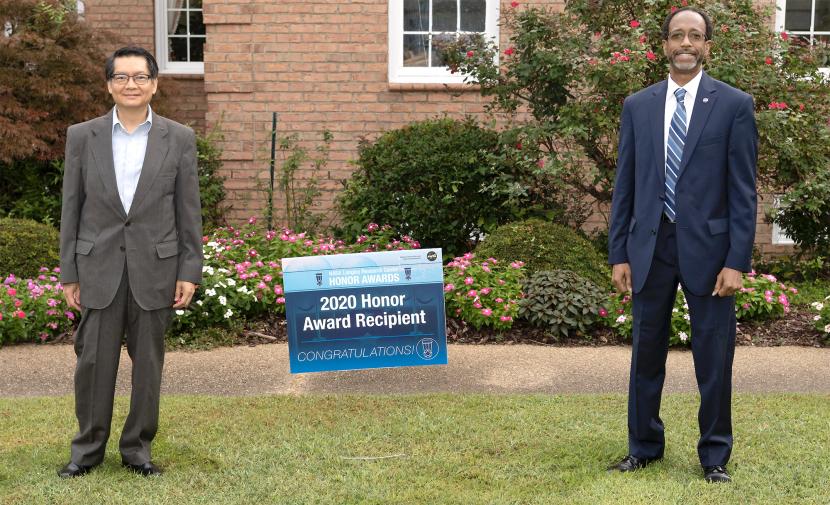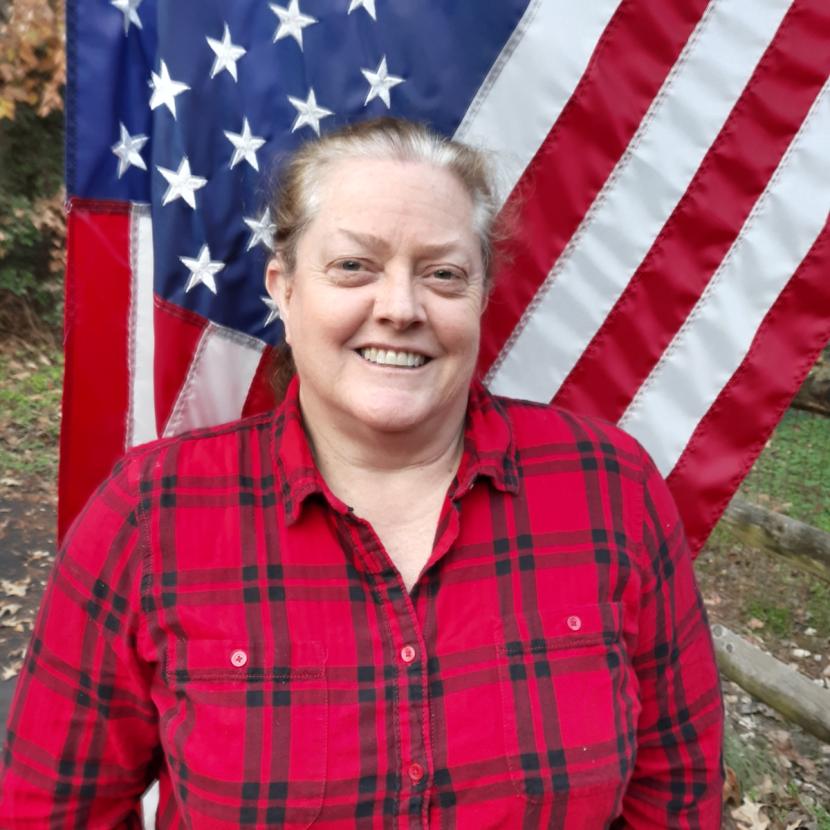Ellen Ochoa
By Sherry DiBari
Growing up, Ellen Ochoa didn't know any engineers or scientists. Her primary school didn't include activities in science, technology, engineering and math (STEM).
"It took me a long time to really think about science because I didn't really know what it was," she said.
Despite those hurdles, she became an astronaut, the first Latina in space, and the first Hispanic and second woman to lead the Johnson Space Center. She has given more than 300 presentations on the importance of STEM education.
On Tuesday, almost 500 participants watched Ochoa's live-stream presentation co-hosted by ODU Presents and the Remote Experience for Young Engineers and Scientists (REYES).
"I had no idea when I was in middle school, high school or even college, that I would be able to have such an amazing and rewarding career," Ochoa said. "I couldn't have imagined the opportunities I would have in the STEM fields."
She attended San Diego State University not really knowing what she wanted to pursue.
As a student, she didn't see many people who looked like her in STEM. "Just like a lot of other people, I didn't picture people like me doing it," she said
She sought information from an engineering professor at the university.
"Well, we had a woman come through here once, but it's a really difficult course of study," she recalled him saying.
"He was clearly not interested in having me in the department."
Fortunately for her, the physics department was more welcoming.
After earning her bachelor's in physics, then a masters and Ph.D. in electrical engineering, Ochoa worked as a research engineer before her acceptance into the NASA Astronaut Corps.
Astronaut training, Ochoa said, was rigorous and included "learning how to fly in high-performance aircraft, learning how to bail out of that aircraft, learning to use a parachute and learning to land on land or in water."
"I hadn't even been a Girl Scout, so this was all pretty new to me," she said.
Ochoa's first space flight - she has logged nearly 1,000 hours in space - was a nine-day mission aboard the space shuttle Discovery in 1993.
She was also a payload commander on the Atlantis (1994), and mission specialist and flight engineer on both the Discovery (1999) and the Atlantis (2002).
Ochoa took the audience on a 17,500-mph trip aboard the STS-110 space shuttle Atlantis mission. She spoke at length narrating a video about life on board the shuttle and subsequently on the International Space Station.
Ochoa turned to management after her space flights and in 2013 was named director of Johnson Space Center.
The director's job had two main roles.
"Accomplish the mission and take care of your people," she said. "Taking care of people means a whole variety of things, including looking out for their health and safety, training and development. But, really with a big focus on inclusion and innovation.
"Anybody can have good ideas and contribute to the challenges that we need to solve, but they have to feel respected and valued at work in order for them to feel comfortable speaking up."
The presentation can be viewed here.
Related News Stories
For Angelos Angelopoulos, Persistence Is Key in Coding
The native of Greece, whose passion for computer science began at age 12, will receive his B.S. from the College of Sciences in December. (More)
ODU Alum Receives NASA’s Highest Honor
John Lin, a 42-year NASA employee, was awarded the Distinguished Service Medal. (More)
Engineering Student Didn’t Let Deafness Get in the Way of Earning Her Master’s Degree
Kathy Carpenter hopes her story serves as an inspiration to others. (More)







